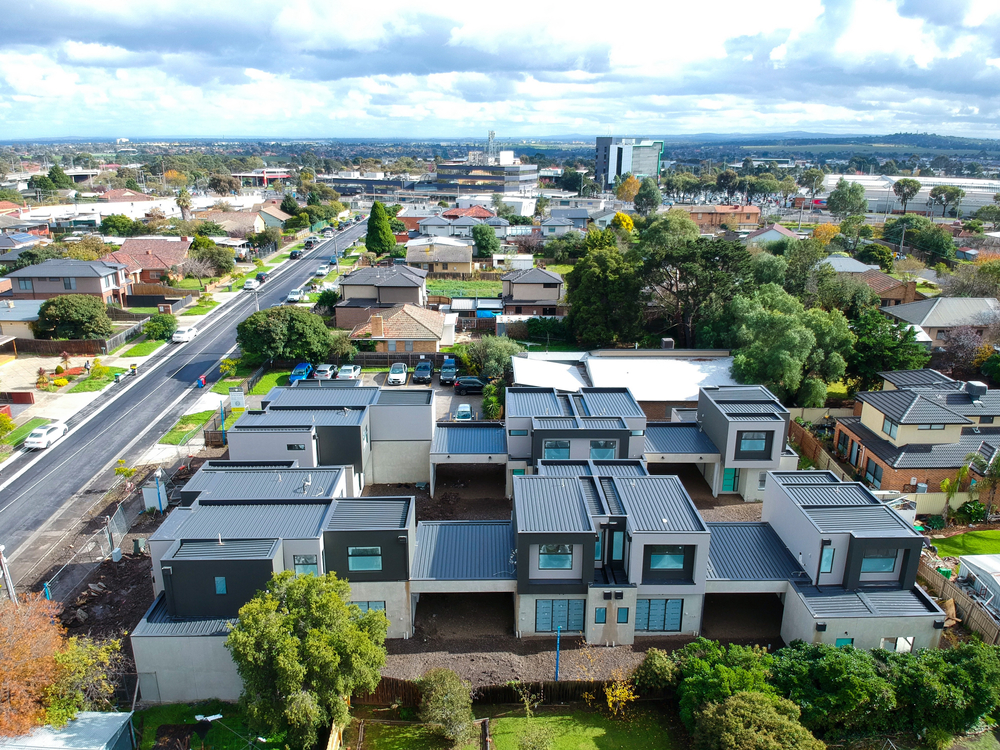Australia homebuilder subsidy scheme to cause housing market ‘up crash’
Homebuilder spending spree predicted to increase the number of houses to 230,000

According to UBS investment bank, Australian housing market is put down for an ‘up crash’, as the government’s homebuilder subsidy scheme induces a construction spike that will quickly drop, reported The Guardian.
George Tharenou, the chief economist at UBS in Australia, said that his forecast on the number of houses to be developed in 2021 has increased from 185,000 to 230,000, as a result of the homebuilder spending spree. This prediction is greatly higher than the 175,000-level anticipated by other economists.
Tharenou mentioned in a note to clients that house prices were expected to surge by five to 10 percent, but now a higher chance to go above 10 percent, “particularly given the planned repeal of responding lending.”
Josh Frydenberg, the federal treasurer at UBS, has billed the planned repeal of the laws as a way to boost economic growth, where banks are required to inspect customers’ affordability to repay loans. However, consumer groups are concerned that it might lead to excessive borrowing.
Due to the housing spike, Tharenou also predicts that this year’s economic growth might be stronger at 4.3 percent than last year’s estimate of 4.2 percent.
Nevertheless, new home starts are presumed to begin falling, following the end of the home building program in the second half of 2021, dropping to 160,000 in 2022. Tharenou estimates 2022’s economic growth as “still strong” with four percent.
More: $83.5 billion in savings to go into Australian property market
The size of the program tripled to more than AUD2 billion (USD1.5 billion), as applications for payments of AUD25,000 (USD19,344) under the homebuilder scheme soared at the end of 2020. He also anticipates applications for payments of AUD15,000 (USD11,606), which are available until the end of March.
Tharenou said, “given commencement must occur within six months of contract signing, this will lead to a surge in (mainly detached) construction.”
There is a chance that stronger growth would cause the Reserve Bank of Australia to not extend a program of quantitative easing or purchasing government bonds from banks that were announced in November as a way to support the economy.
“That said, the impact of this housing boom on inflation is complicated,” he added. “Furthermore, as first home buyers move out of rentals into new/completed homes over the next year or so, there is potential oversupply that will cause further declines in rents, unless migration rebounds strongly.”
Recommended
Why everyone is moving to Selangor and Johor: Malaysia’s real estate comeback
Malaysia’s upturn in fortunes is especially prevalent in secondary destinations such as Selangor and Johor
Penang’s silicon boom: How the US-China tech war is supercharging local real estate
Penang’s booming semiconductor industry has created ripples within the local real estate sector
New leader, new opportunities: How Hun Manet is shaking up Cambodia’s real estate game
Hun Manet is overseeing decent economic growth and widening access to the country’s real estate market for foreigners
Singapore embraces inclusive housing reforms amid resilient demand
The Lion City’s regulatory strength continues to exert appeal for international investors








